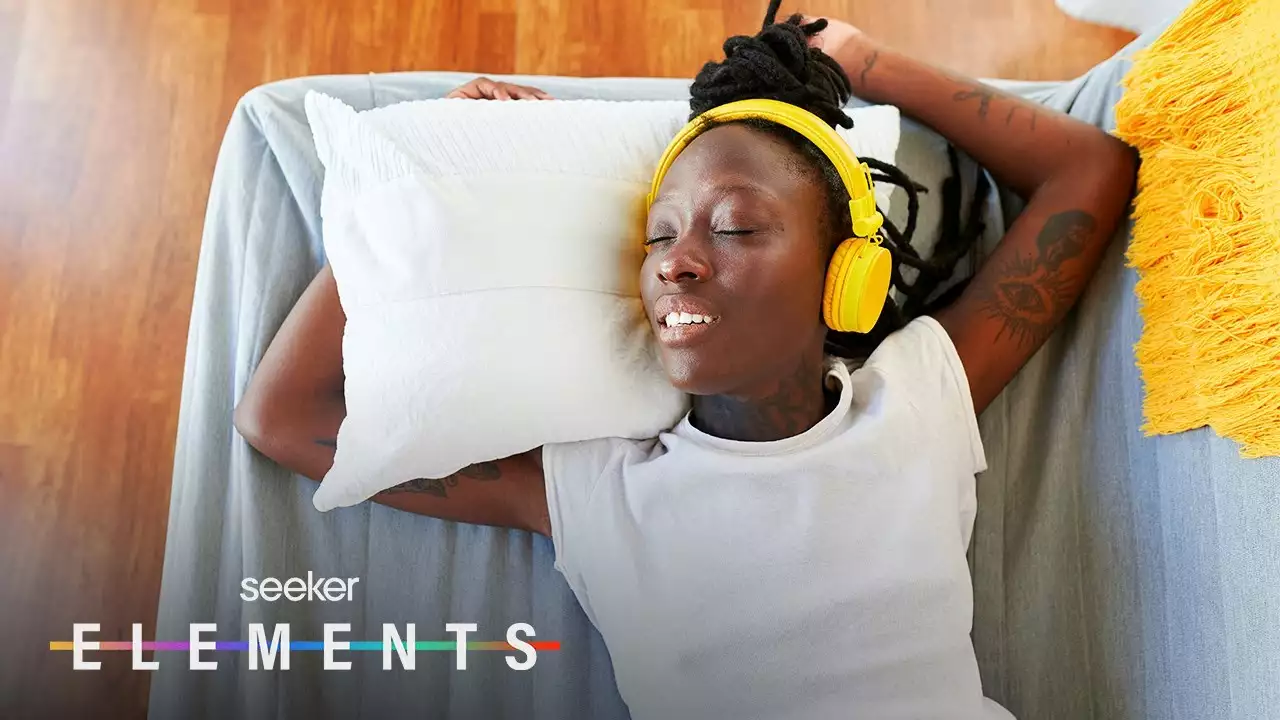Research has shown a full night’s sleep is good for your memory, mood, and immune system, just to name a few benefits. But what about taking a nap during the day? Is it helpful or harmful? How does the length of the nap impact you? And is there an optimal time to grab a quick snooze?
Thankfully researchers have looked into this too, and much like an unconscious body on a couch in the afternoon sun, the results need to be laid out. Depending on a person’s age, napping is downright necessary.
Generally speaking, the younger a person is, the more sleep their developing brains & bodies need, so experts recommend that newborns get 14 to 17 hours of sleep, while preschoolers should get 10 to 13 hours of shuteye every day. That's a long time to spend unconscious—that's like cat-levels of napping— so it’s not going to happen all in a row. The kiddos need to take naps, no matter how much they kick and scream when they hear it’s nap time. Guidelines also say that kids age 6 to 13 should get anywhere from 9 to 11 or even 12 hours of sleep daily, so if you’re in junior high and keep nodding off in class, let the teacher know a science YouTube video says it’s healthy. It won’t get you out of detention but your instructors can share a good laugh later in the teacher’s lounge.
Once people are adults though, do they really need to sneak in a siesta? Strictly speaking, it doesn’t seem like something we as a species need to do. Our modern way of life with our 9 to 5 jobs and our fancy electric light bulbs might have altered how we sleep compared to our ancient ancestors. So to see if that’s the case, researchers studied 94 individuals from current-day hunter-gatherer groups in Tanzania, Namibia, and Bolivia who live more like humans did 10,000 years ago. While almost all of them would take a break in the middle of the day when the sun was beating down, none of them would take that time to catch some Zs.
So it doesn’t look like napping is something humans would do intrinsically if it weren’t for the demands of modern life. Napping isn’t necessary for adults, but it still could have potential upsides. Because our brains go through different stages during sleep, the benefits of a nap are correlated with its length. If you find yourself slowing down in the middle of the day after lunch, a quick 20 minute power nap could be all you need to wake up feeling refreshed and alert. A short nap could also help your memory in some ways, but longer naps could have bigger benefits to learning and recall. Konking out for 60 minutes could help you with remembering vocabulary or directions.
Staying asleep for an hour to an hour and a half will allow your brain to enter REM sleep and some research has found that the benefits for learning are on par with getting a full night’s rest. The perfect nap length will vary from person to person. The 20 minute power nap isn’t a hard and fast rule; you may get the same benefits from as little as 10 minutes of sleep or as much as 45 minutes. Be warned though: allowing your brain to go into the deep sleep stage could lead to what’s called “sleep inertia,” where you wake up feeling groggy and paradoxically more tired. Taking a nap at the wrong time of day can also make it difficult to fall asleep later that night. If you’re on that 9 to 5 grind, try to avoid napping after 4 pm. I guess that means you’ll have to nap at work. Again do not try to pin this on me if your boss doesn’t approve.
Regular nappers appear to get more out of it than those who don’t doze off daily. They might feel sharper and in better spirits compared to their counterparts, who feel sluggish after waking.I wish I could say this was a case where they had honed their napping abilities by being dedicated to their craft because it would mean I finally have a chance to truly be great at something, but it’s possible that people who nap regularly choose to do so because they get benefits from it. In other words, they’re a self-selecting bunch, and people who find themselves feeling icky after a nap likely won’t do it as often. If you fall into that second category of people then maybe naps just aren’t for you, but hey at least there’s always coffee. If you have trouble getting to sleep you may use a white noise machine, but would it help more if your noise was pinker?


Comments (1)